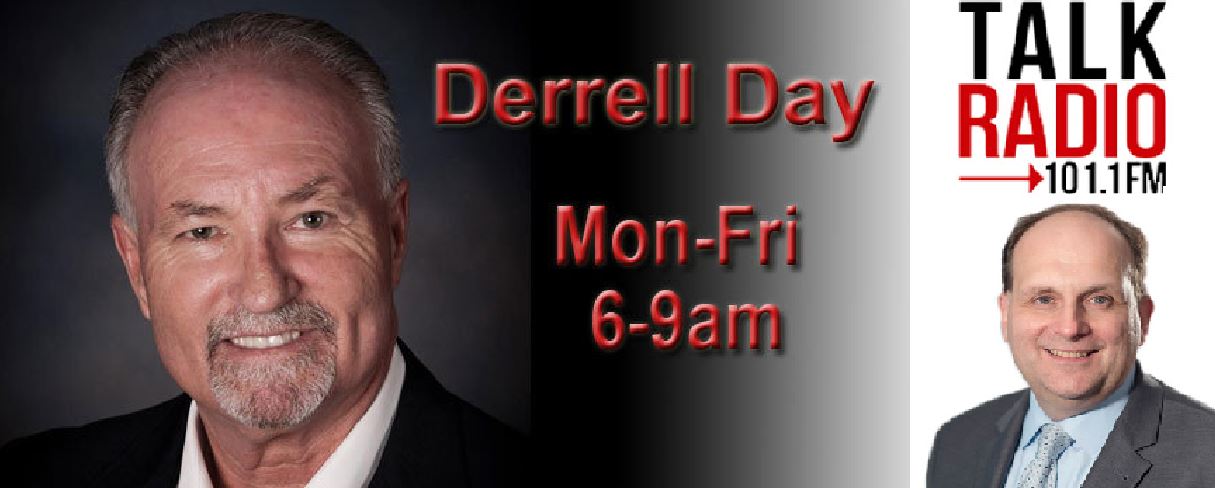FBI “Can Neither Confirm Nor Deny” Existence of Records About Payment to Trump Dossier Researcher
Washington D.C. – The Federal Bureau of Investigation (“FBI”) has declined to confirm the existence of records responsive to a lawsuit filed by Cause of Action Institute (“CoA Institute”) in April 2017 for records about the relationship between the agency and Trump dossier researcher Christopher Steele, a former British spy who made headlines after he was identified as the lead author of the infamous dossier.
According to a news report, the Trump dossier researcher entered an agreement with the FBI a few weeks before the November 2016 election to investigate then-candidate Donald Trump while, at the same time, he was employed by an opposition research firm to collect information for Democratic presidential nominee Hillary Clinton.
In part, the FBI’s response states:
“The nature of your request implicates records the FBI may or may not compile pursuant to its national security and foreign intelligence functions. Accordingly, the FBI cannot confirm or deny the existence of any records responsive to your request, as the mere acknowledgment of the existence or nonexistence of such records would, in and of itself, harm national security interests and reveal intelligence sources and methods.”
This so-called Glomar response gained notoriety in the CIA’s use of the Glomar Explorer to recover a downed Soviet submarine.
CoA Institute President and CEO John Vecchione: “The FBI is circling the wagons by claiming potential harm to national security if it discloses its relationship with Christopher Steele. Regardless of whether a payment was ever made, the FBI’s affiliation with a political opposition researcher in the midst of a presidential election deserves scrutiny. The FBI should be forthcoming about whether and how the agency was relying upon a former foreign spy who, in the pay of private parties, compiled a report of salacious accusations intended to harm the reputation of then-candidate Donald Trump.”
On March 7, 2017, CoA Institute sent a FOIA request to the FBI seeking access to records into whether the FBI paid money, or had plans to pay, Mr. Steele for any purpose.
The FBI’s full response can be found here.
For information regarding this press release, please contact Zachary Kurz, Director of Communications: zachary.kurz@causeofaction.org
CoA Institute Demands Secretary of State Recover All of Sec. Clinton’s Unlawfully Removed Email Records
Revelation of FBI grand jury subpoenas raises more questions than it answers
Washington D.C. – Cause of Action Institute (CoA Institute) filed its opposition to the government’s motion to dismiss a case brought against the Secretary of State and the U.S. Archivist. The lawsuit seeks to compel the defendants to fulfill their legal obligations under the Federal Records Act to initiate action through the Attorney General to recover all of Hillary Clinton’s email records that were unlawfully removed from the State Department.
In December, 2016, the D.C. Circuit Court of Appeals ruled in our favor, overturning an earlier opinion by the District Court that dismissed the case as “moot.” Despite the court’s rebuke, the Secretary of State and U.S. Archivist continue to refuse to perform their statutory obligations to recover Secretary Clinton’s email records by initiating action through the Attorney General.
One new piece of information publicly revealed for the first time in the government’s motion to dismiss was that during its investigation, the FBI issued grand jury subpoenas related to Secretary Clinton’s BlackBerry email accounts. The subpoenas confirm that the FBI investigation of Secretary Clinton was criminal in nature, but details about the scope of the subpoenas remains unknown.
CoA Institute President and CEO John Vecchione: “None of the information provided by the government establishes that the federal records at issue do not exist or cannot be recovered. The government presented fundamentally the same arguments the Court of Appeals already rejected last year. It is the agencies’ statutory duty to institute proceedings through the Attorney General to recover these records. Why the agencies are fighting so hard to avoid this obligation is unexplained.”
In its cross motion filed with its opposition, CoA Institute requests the Court to grant discovery for more information about the grand jury subpoenas that could be essential to the case. The government failed to introduce any evidence to show that the results of those subpoenas establish that Secretary. Clinton’s BlackBerry emails are not recoverable through forensic means.
Read the full pleading here
Senator Grassley Questions FBI Director Comey About Clinton Grand Jury Revelation made in CoA Institute Federal Records Act Litigation
Today, Senator Chuck Grassley questioned FBI Director James Comey about why the FBI revealed the information about the grand jury to us in litigation but refused to release the same information to him in response to congressional oversight. The video of the hearing is available here; the exchange begins around the 3:09 mark.
As discussed in previous blog posts (here, here, and here), Cause of Action Institute, together with Judical Watch, is litigating a Federal Records Act case to compel the State Department and National Archives and Records Administration to perform their statutory obligations to initiate action through the Attorney General for the complete recovery of email records unlawfully removed from federal custody by former Secretary of State Hillary Clinton.
Last week, the government filed a declaration from Federal Bureau of Investigation (“FBI”) Special Agent E.W. Priestap, which revealed for the first time that the FBI had obtained grand jury subpoenas related to the Clinton email investigation. Preistap stated: “The FBI also obtained Grand Jury subpoenas related to the Blackberry e-mail accounts, which produced no responsive materials, as the requested data was outside the retention time utilized by those providers.”
Here’s a transcript of key portions of that exchange:
Senator Chuck Grassley: Last week, the FBI filed a declaration in court pursuant to Freedom of Information Act litigation [ed. actually, it is a Federal Records Act case]. The FBI said that a grand jury issued subpoenas for Secretary Clinton’s emails. Yet you refuse to tell this Committee whether the FBI sought or had been denied access to grand jury process from the Justice Department. So, I think a very simple question is why does the FBI give more information to someone who files a lawsuit than to an oversight committee of Congress? That has happened to me several times.
Director Comey: I’m not sure, Senator, whether that’s what happened here. But you’re right, I refused to confirm in our hearings as to whether we used a grand jury and how. I think that’s the right position. Because I don’t know it well enough, I don’t think I can tell you . . . I don’t think I can distinguish the statements made in the FOIA case, as I sit here.
Senator Chuck Grassley: Just as a matter of proposition then! If, I, Chuck Grassley as a private citizen file a Freedom of Information Act [request] and you give me more information than you’ll give to Senator Chuck Grassley, how do you justify that?
Director Comey: Yeah, it’s a good question
Senator Chuck Grassley: What do you mean it’s a good question?! How do you justify it?!
Director Comey: It’s a good question, I can’t [justify it] as I sit here.
Senator Chuck Grassley: Ye gods . . .
. . .
When was the grand jury convened? Was it before your first public statement about closing [the Clinton] case?
Director Comey: I’m still not in a position where I’m comfortable confirming whether and how we used a grand jury . . . in an open setting. I don’t know enough about what was said in the FOIA case to know whether that makes my answers silly. But I just want to be so careful about talking about grand jury matters. So, I’m not going to answer that, sir.
In a word, yes, it does make Director Comey look silly to refuse to confirm the FBI’s use of grand jury subpoenas to Senator Grassley when the FBI has already sworn to the existence of the grand jury in federal court.
This exchange highlights one of the challenges of congressional oversight: agencies often refuse to cooperate with Congress. That’s where CoA Institute steps in and helps bring transparency to an opaque federal government.
James Valvo is Counsel & Senior Policy Advisor at Cause of Action Institute and you can follow him on Twitter @JamesValvo.



